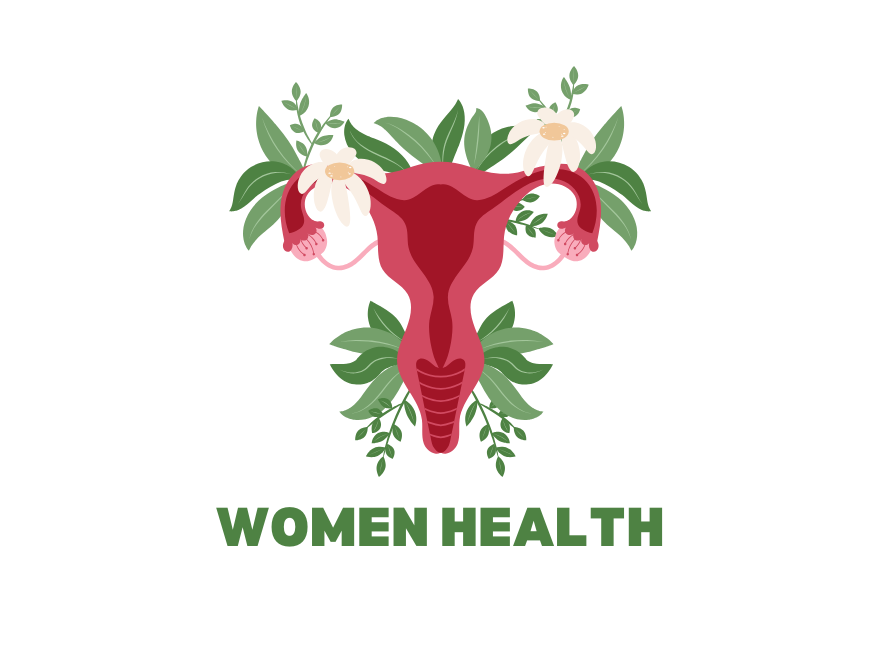In many parts of the world, including the developing regions, a woman’s menstrual health is not just a personal concern; it’s intertwined with the well-being of her family and community. Unfortunately, cultural norms, customs, and institutional biases often hinder women from accessing the menstrual health care they need, making menstrual hygiene a formidable challenge in today’s development landscape.
Menstruation marks the onset of puberty for girls, but it also brings with it societal rules, restrictions, isolation, and altered expectations. This shift in attitude towards girls, impacting their self-expression, education, mobility, and freedom, has profound consequences on women’s mindsets.
Even today, menstruation remains a taboo in Indian society, posing a significant obstacle to ensuring that adolescent girls receive proper education on menstrual hygiene. Cultural and social influences, combined with a lack of awareness, contribute to this challenge. Mothers, too, are often hesitant to discuss puberty and menstruation with their daughters, lacking the scientific knowledge needed for these conversations.
This persistent taboo is rooted in factors such as high rates of illiteracy, especially among girls, poverty, and a general lack of awareness about menstrual health and hygiene. Shockingly, less than 18 percent of Indian women use sanitary pads, reflecting the ongoing challenges.
Efforts have been made in recent years to address this issue, as indicated by a significant increase in young Indian women using hygienic protection methods. However, the global scale of menstrual hygiene challenges is vast, with at least 500 million women and girls lacking adequate facilities for menstrual hygiene management.
Patriarchal norms still wield influence over many families, affecting the freedom of women, with little change in attitudes towards menstruation over time. Menstruation is often deemed unclean or embarrassing, leading many girls to hide their needs due to fear or embarrassment, further compounded by financial constraints.
In less economically stable families, a considerable number of girls drop out of school upon reaching menstruation, resorting to makeshift materials like old clothes, ashes, newspapers, and leaves. Myths and taboos surrounding menstruation also lead to women being prohibited from everyday activities, treated as impure, and excluded from various spaces.
To combat these challenges, group sessions have been initiated to raise awareness about menstrual health and hygiene, dispelling myths and taboos. Holistic sensitization programs aim to equip women with the knowledge and confidence to navigate menstruation through integrated awareness, motivation, and meditation sessions.
As part of the initiative, CareOSafe has launched a nationwide campus campaign, reaching villages across the country to foster awareness about menstrual health and hygiene. The objective is clear: break the silence, challenge taboos, and empower women to embrace their natural and healthy biological processes



No responses yet